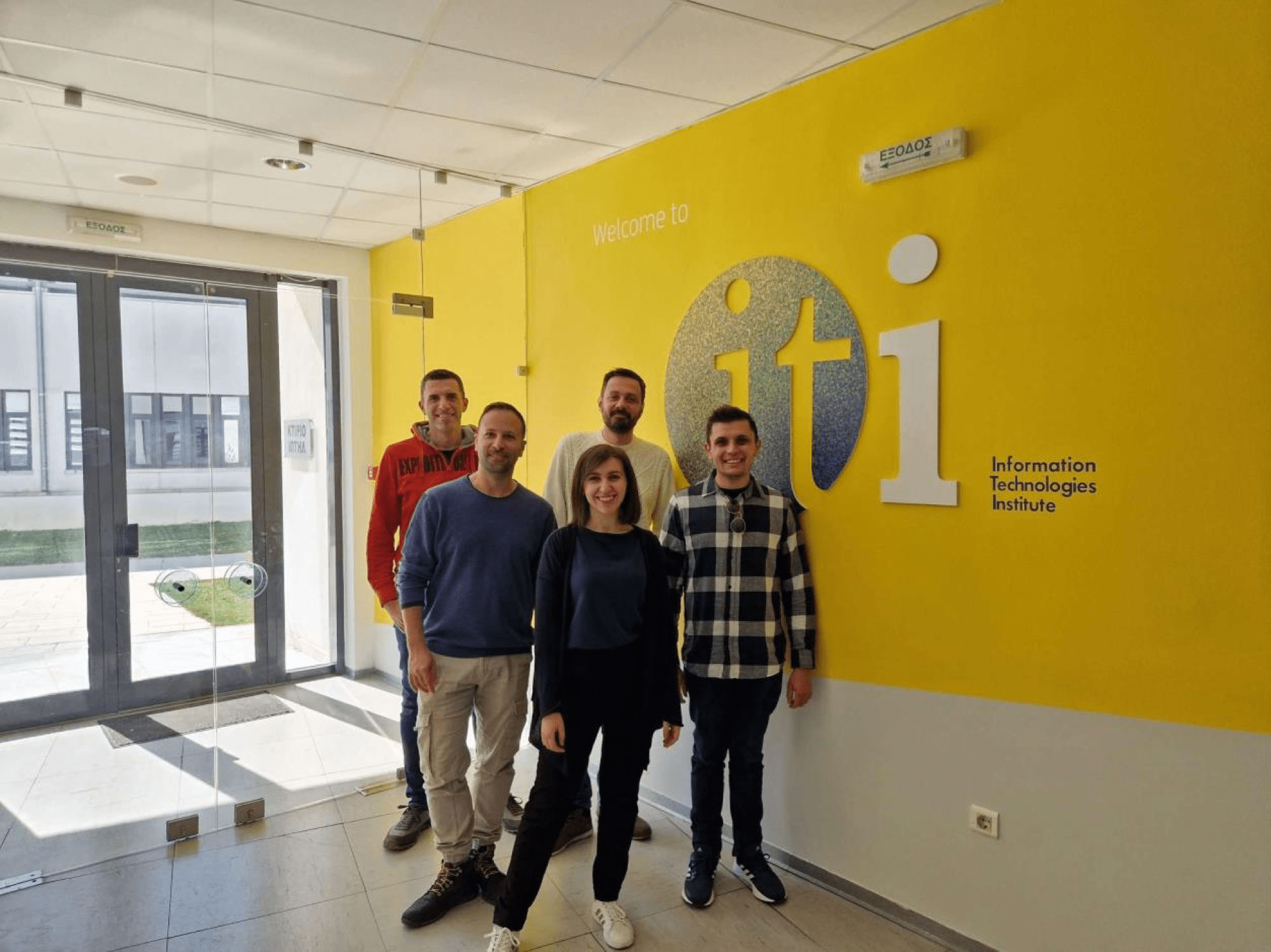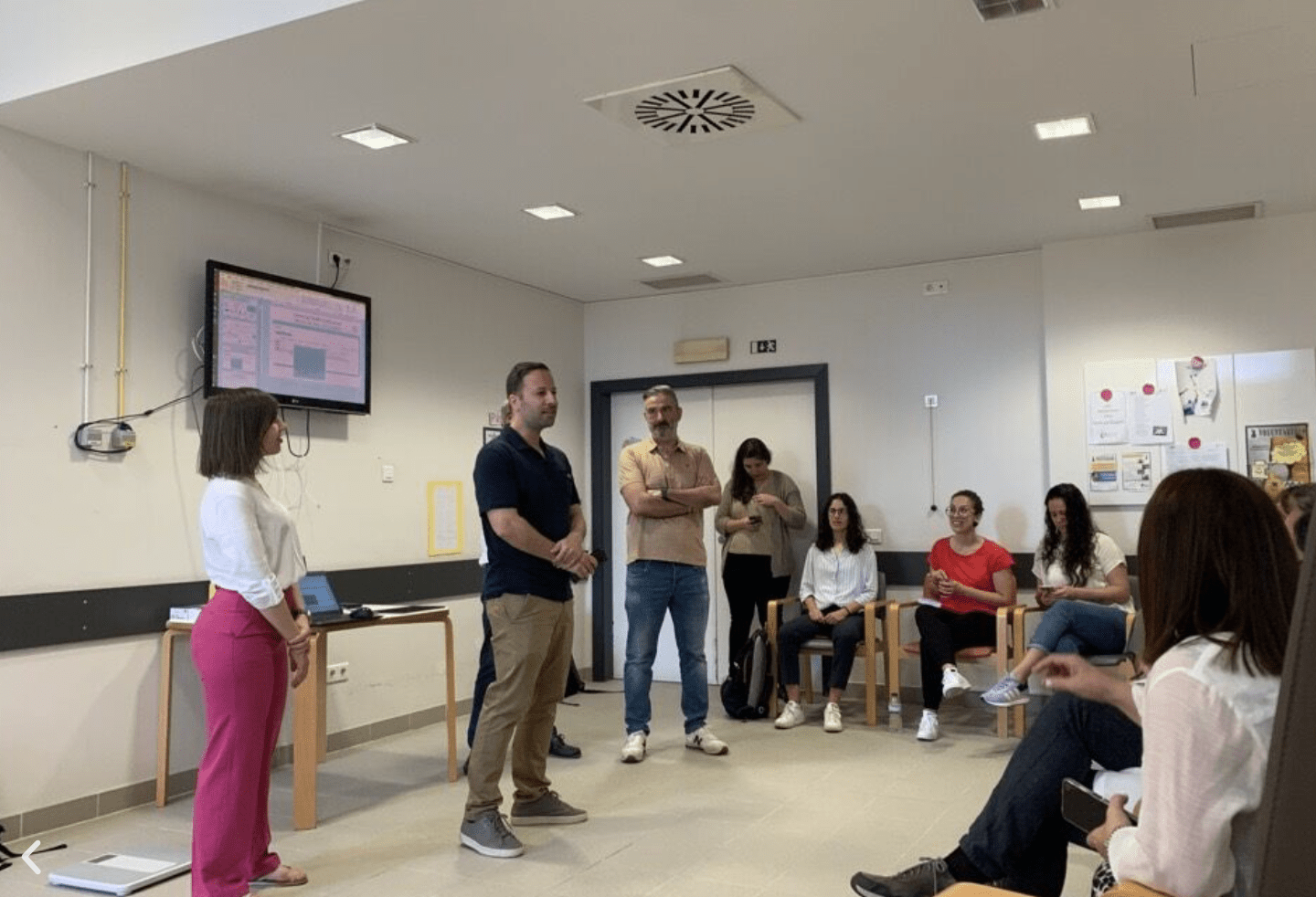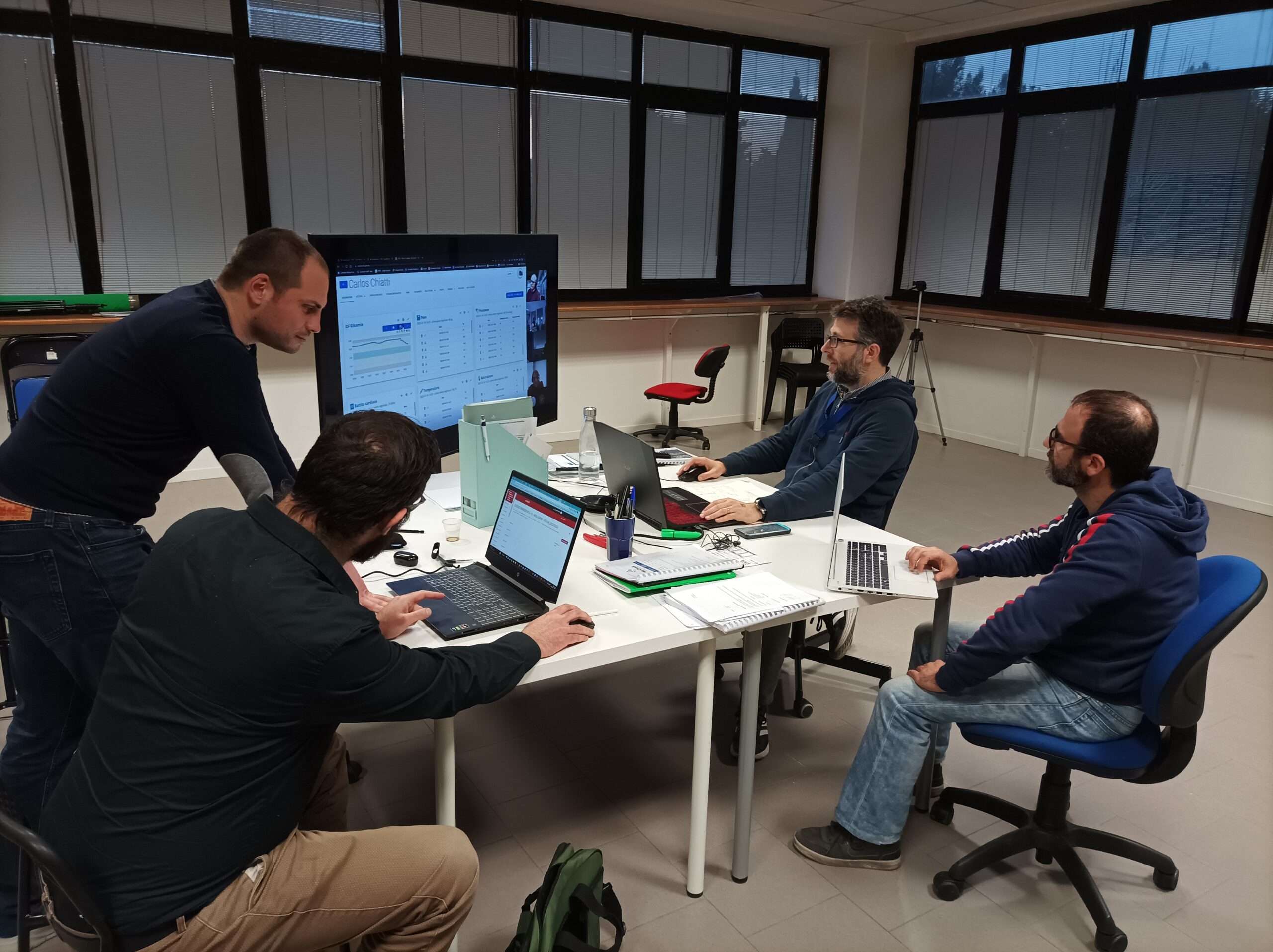The INCAREHEART project is now well underway and our suppliers are actively building out their solutions and engaging with stakeholders. As they carry out their prototype testing, we asked them a few questions about how their work is going. Here, the CORRAL team, led by CERTH, tell us about their solution.
Why did you want to take part in the INCAREHEART project?
For us, INCAREHEART provided a unique opportunity to incorporate all the elements of our research and the outputs of many years of work into one, solid, integrated system that can materialize as a product that will alleviate the problems of many patients and healthcare workers and will play a decisive role into the next generation of e-health for an improved quality of life of its users.
CORRAL will supply an innovative and original solution to the unrepresented market of integrated solutions for integrated care for CHF patients, by exploiting the expertise and the experience our consortium has gained facing similar challenges and adversities in the e-health sector.
How did you form your consortium?
The CORRAL consortium comprises a dedicated team of:
Clinical partners and experts with proven experience in the field and active participation in CHF monitoring and management via the Hellenic Society of Cardiology (HSC) and the EIP on AHA Reference Site Collaborative Network (RSCN). The clinical experts guide and assist the technical teams from the design phase by applying a specific co-creation methodology and by populating a clinical advisory board with participants from HSC and RSCN.
Technical research partners with extensive expertise in the field of mHealth applications, ICT platforms, AI modelling, data analytics and digital biomarkers (CERTH, METEDA, MINDMED, UoI).
Technical partners with experience in IoT health solutions and mHealth that inspire and enable the development of next-generation connected health, collaborative disease management and self-management interventions (CHECKHEALTH, MINDMED), but also in EMR/EHR systems, healthcare system interoperability, integration (UNISYSTEMS, SRDC), and drug management (UNISYSTEMS).
Partners with high expertise in data privacy, GDPR and legal issues related to (cross- border) data sharing as well as IP issues (CERTH, SRDC).
All consortium partners are experienced in clinical pilot studies design and evaluation as well as in project management and business planning.
Explain your solution
CORRAL is a novel integrated care management system for Chronic Heart Failure (CHF), based on software and hardware (commercial devices) solutions that are part of a comprehensive approach to manage and support patients with CHF. Realizing the multi-faceted nature of the management of CHF, a systematic, multi-pronged, and integrated approach like CORRAL is required for promoting people-centered and self-care practices among CHF patients to avert any long-term complications. CORRAL focuses on monitoring patients’ adherence to medical treatment, physiological, and environmental variables but also on providing a personalised guidance platform transmitting all the measurements to the artificial intelligence and CHF early detection functionality for giving appropriate feedback to the user on how to manage CHF. It is a patient-friendly engaging solution for IoT-based home monitoring and a non-burdensome system for health professionals. Our main innovations include:
An AI-based Virtual Assistant to motivate patients and aid patient therapy and exercise rehabilitation
A Social Collaboration Platform and Exergaming for Patient/Caregiver Motivation & Empowerment
Intelligent predictive analytics to flag patients requiring the most attention and adapt therapeutic plan
Heart Failure Tailored Management and Prognosis based on Biomarkers (NT-proBNP by Roche-POC) and Digital Biomarkers
Tailored Decision-Support System for alerts/notifications
Why do you feel that co-design is important?
Co-design, employing collective creativity, allows stakeholders to share their ideas, create an ongoing dialogue and influence the future direction of the product. This is essential in order to design a fit-for-purpose solution, addressing the real “pain points” of these users and meeting their expectations, in order to facilitate and support them in staying active in their environment.
The CORRAL consortium has embraced a co-design approach from the beginning of the project. We have involved stakeholders from the Hellenic Society of Cardiology and the EIP on AHA Reference Site Collaborative Network (RSCN) and their contacts to better understand end-user needs and fine-tune user and system requirements so that the solution has the maximum adoption. Real-user experiences, shared with us for co-design, have been leveraged to build empathy in our Design Thinking approach. The prototype tests in collaboration with the INCAREHEART procurers were significant to gain further information from the perspective of potential users from the multiple stakeholder groups.
What was the most important thing you learned from the first round of prototype testing?
In the first round of prototype testing, end-users of different stakeholder groups, including patients, healthcare professionals of different specialties, and informal caregivers, among others, provided us with a multitude of insightful comments on the functionalities demonstrated to them.
The end-users acclaimed the modularity and configurability of the CORRAL solution, as well as its key innovation features, such as exergaming, risk stratification, social collaboration aspects, and the tailored alerts. The participants engaged several times in productive dialogue with the CORRAL team and highlighted the importance of user-friendliness and intuitive, clear interfaces. Most patients envisage continuity in the doctor-patient relationship and diminishing of anxiety through our solution, with attention-listening and human-company- oriented follow-up. Family was deemed as the motivator for overcoming the medical condition by most. These aspects are indeed fundamental in CORRAL, which facilitates interactions between patients, informal, and formal caregivers via its Share Care Plan and Social Collaboration platform, and targets psychosocial support, also employing a virtual assistant.
Was there any feedback that surprised you during the testing?
The testing feedback did not come to our surprise. We were happy to confirm that the strong points of our system, such as the easy transition between healthcare settings and the aid in shared care plan adherence, were highly rated by the end-user testers, while the developments we had in plan as next, such as integration with hospital reporting systems, were reported as the ones that the end-users would mostly prefer to see in CORRAL.
How do you feel as you iterate your solution ahead of the next stage?
The CORRAL team is working full-speed for the preparation of the final prototypes, to be presented in April.
We are determined to provide a high-quality technical breakthrough and enthusiastic to present our optimised solution next month!
To read more from our suppliers see our interviews with CareCardia and CardioCare.


